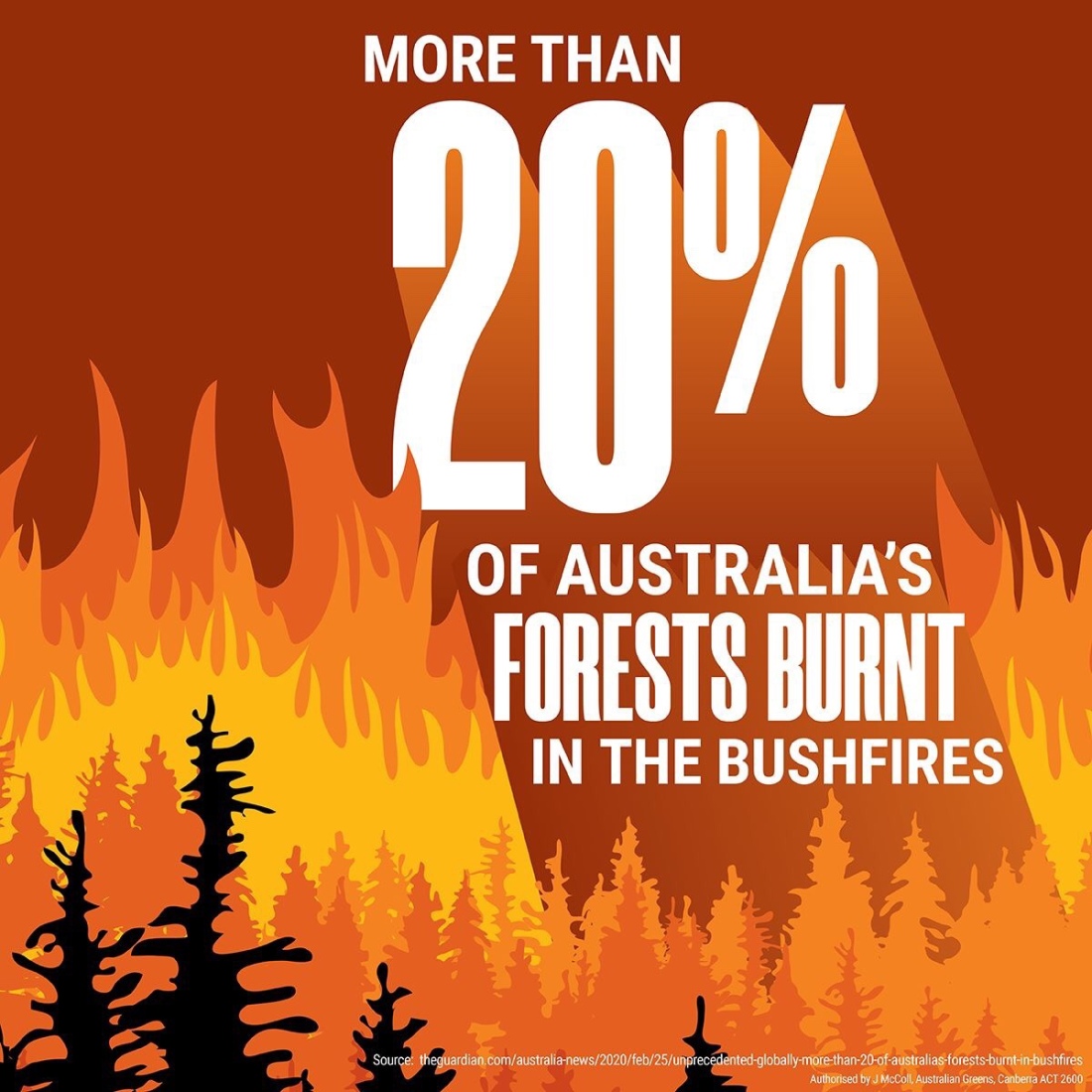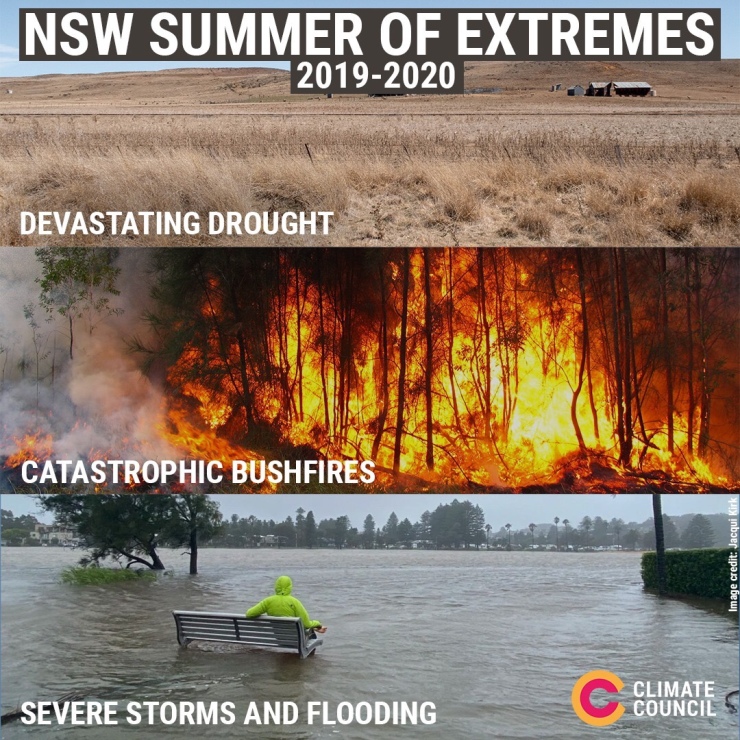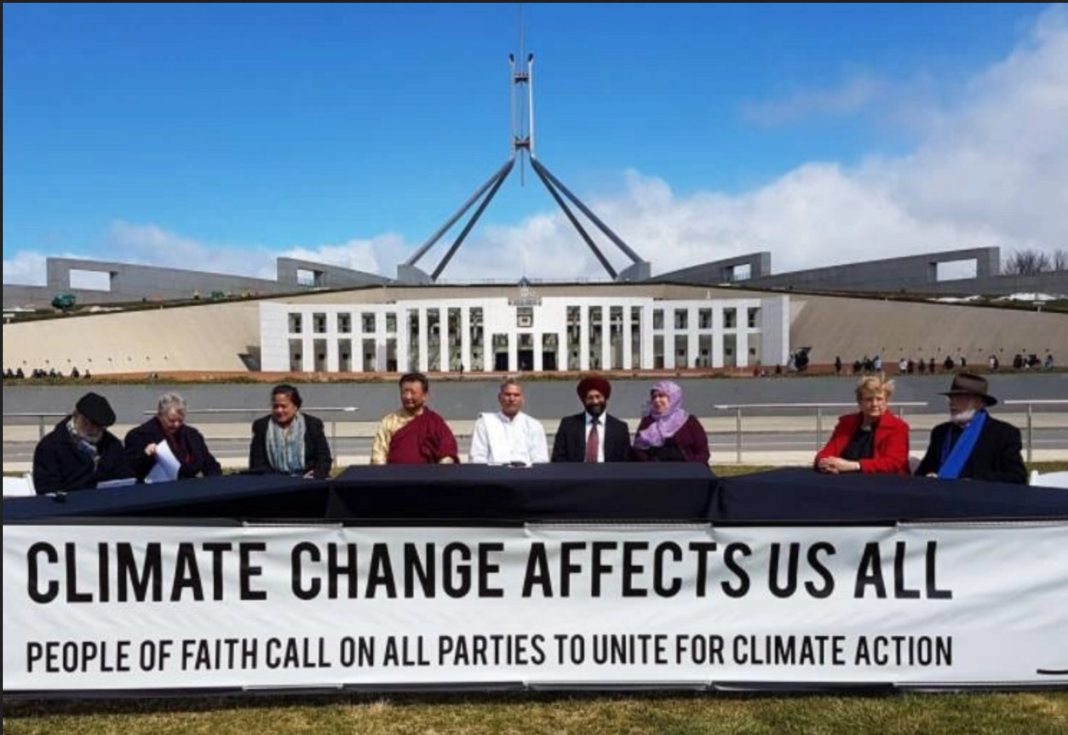LONDON, June 25 (Thomson Reuters Foundation) – Climate change impacts – including growing food and water scarcity – are becoming increasingly important drivers of conflict and unrest around the world, and security planners need to make them a priority now, foreign ministers warned this week.

Addressing them could mean the U.N. Security Council asking for regular reports on threats from climate change and biodiversity loss, or the creation of early warning systems for climate security risks, said Jean-Yves Le Drian, France’s minister for Europe and foreign affairs.
When it comes to climate threats, “we are not foretelling or speculating on a distant future. We are talking about the present,” he told an online panel during the Berlin Climate and Security Conference this week.
The effects of climate change – and now the coronavirus pandemic, which threatens global trade in food – are adding to pressures in already fragile parts of the world, and even in many now considered stable, ministers and security experts said.

In parts of East Africa, droughts and floods, plus a major locust invasion this year on top of the pandemic, “are really weakening communities, putting pressure on state capability and displacing people”, said Raychelle Awuor Omamo, Kenya’s cabinet secretary for foreign affairs.
In Brazil’s Amazon, greater insecurity – as illegal deforestation and mining surge – is in turn helping drive more planetary heating as the forest shrinks, said Adriana Abdenur, peace and security coordinator at Brazil’s Igarapé Institute.

An aerial view of a tract of Amazon jungle after it was cleared by farmers in Itaituba, Para, Brazil September 26, 2019. REUTERS/Ricardo Moraes
South America is not normally thought of as a region at particular risk of conflict, apart from Colombia’s long insurgency, she added.
But across Latin America, fiercer hurricanes in the Caribbean, disappearing glaciers in the Andes, accelerating soil erosion in Central America and other shifts are worsening problems like migration and food insecurity, Abdenur said.
Amina Mohammed, the United Nations’ deputy secretary-general, said about half of the 15 countries considered most vulnerable to climate pressures already host U.N. peacekeepers or other U.N. special missions.
In places such as the Sahel, where worsening drought has driven farmer-herder conflicts and helped fuel jihadist movements as hungry people look for work, the threats are particularly clear, the officials said.
“Climate change has become the key risk to global peace and security,” said Heiko Maas, Germany’s foreign affairs minister.









